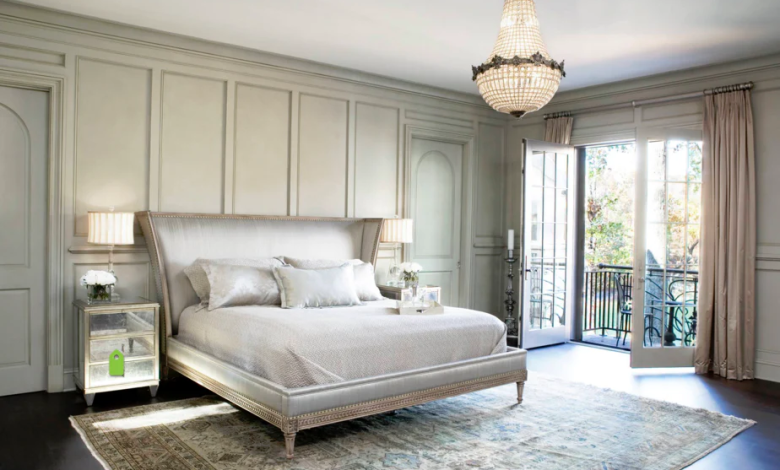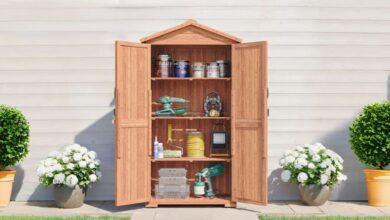Transforming Interior with Sustainable Furniture: Importance, Design Principles, and Examples

Introduction
In recent years, there has been a growing awareness of the need for sustainable practices in various industries, including interior design. As the world becomes more conscious of environmental issues, businesses such as cafés and stores are seeking ways to incorporate sustainability into their operations. One area where this shift is particularly evident is in the choice of furniture. In this article, we will explore the importance of sustainable furniture in cafés and stores, delve into eco-friendly design principles, materials, and manufacturing processes, and provide examples of innovative and stylish sustainable furniture options available in the market today.
1. The Importance of Sustainable Furniture in Cafés and Stores
1.1 Enhancing Environmental Responsibility
Cafés and stores have the opportunity to showcase their commitment to environmental responsibility through their choice of furniture. Sustainable furniture helps reduce the carbon footprint by minimizing the use of non-renewable resources and decreasing waste generation.
1.2 Attracting Environmentally Conscious Customers
In today’s market, customers are increasingly concerned about the environmental impact of their choices. By incorporating sustainable furniture, cafés and stores can attract environmentally conscious customers who value businesses that align with their values.
1.3 Creating a Unique Brand Image
Using sustainable furniture in cafés and stores can help create a distinct brand image. It communicates a commitment to ethical and eco-friendly practices, setting the business apart from competitors and establishing a positive reputation among customers.
2. Eco-Friendly Design Principles, Materials, and Manufacturing Processes
2.1 Designing for Durability
Sustainable furniture focuses on durability, aiming to create products that stand the test of time. This approach reduces the need for frequent replacements and minimizes waste generation.
2.2 Using Renewable and Recyclable Materials
Sustainable furniture utilizes renewable materials such as bamboo, reclaimed wood, and recycled plastic. These materials are sourced responsibly and can be recycled or reused at the end of their lifecycle, contributing to a circular economy.
2.3 Employing Low-Impact Manufacturing Processes
Manufacturing sustainable furniture involves using low-impact processes that minimize energy consumption and waste generation. This includes utilizing energy-efficient machinery, adopting water-saving techniques, and implementing responsible waste management practices.
3. Examples of Innovative and Stylish Sustainable Furniture Options
3.1 Sustainable Wooden Furniture
Wood is a popular choice for Sustainable wooden furniture due to its natural beauty and durability. By opting for sustainably sourced wooden furniture, cafés and stores can add warmth and elegance to their interiors while reducing their environmental impact.
3.2 Recycled Plastic Furniture
Recycled plastic furniture is an excellent example of turning waste into functional and stylish pieces. Through innovative manufacturing techniques, plastic waste is transformed into durable furniture options, providing a solution to the growing issue of plastic pollution.
3.3 Upcycled Furniture
Upcycled furniture involves transforming discarded materials or old furniture into new, unique pieces. This creative approach not only reduces waste but also adds a touch of individuality to cafés and stores, making them stand out from the crowd.
Conclusion
Incorporating sustainable furniture into the interior design of cafés and stores is a powerful way to contribute to a greener future. By prioritizing environmental responsibility, businesses can attract environmentally conscious customers, build a unique brand image, and reduce their carbon footprint. By adhering to eco-friendly design principles, using renewable materials, and adopting low-impact manufacturing processes, sustainable furniture offers an excellent solution for creating stylish and innovative interiors that align with sustainable values.



